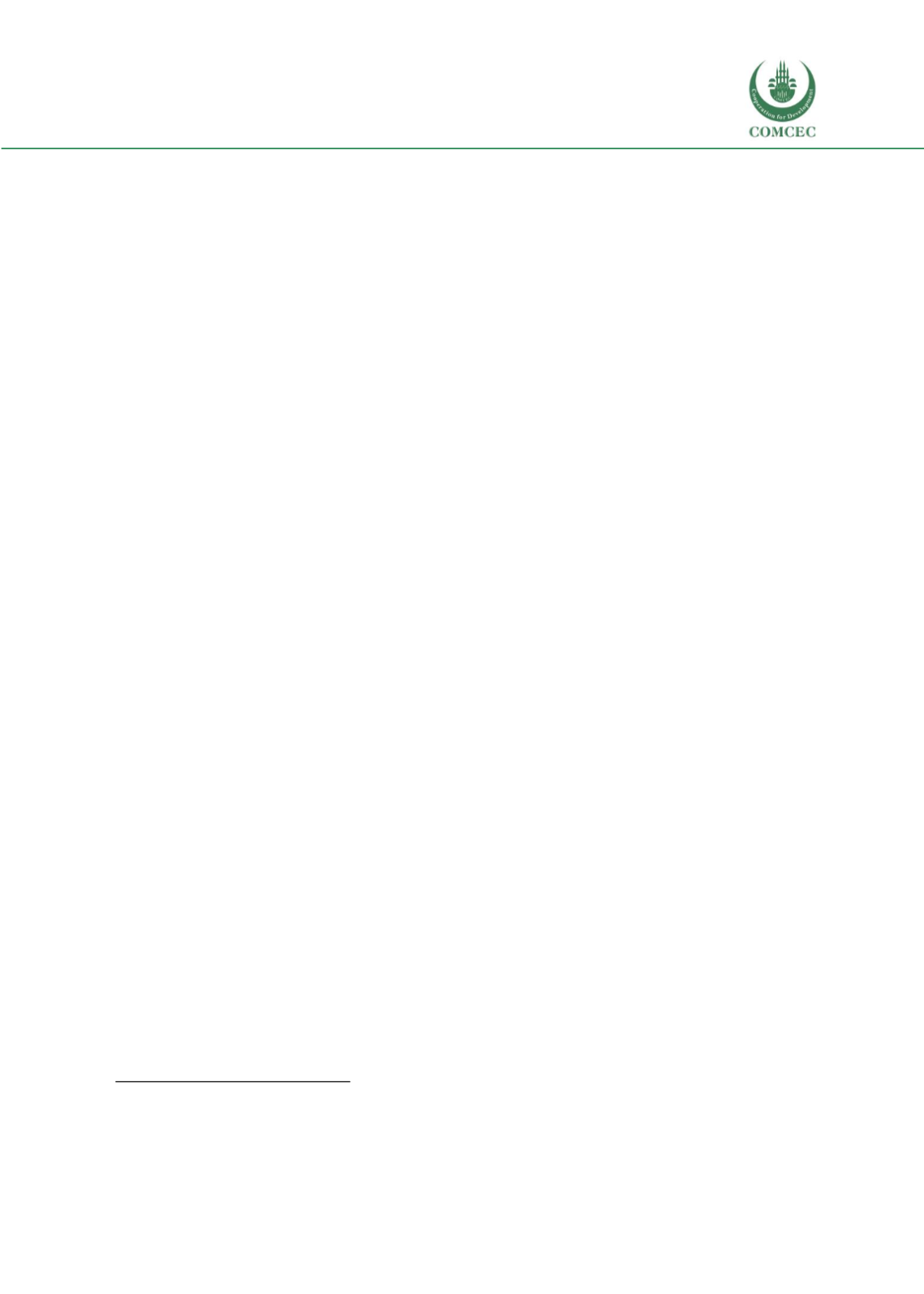

Education of Disadvantaged Children in OIC:
The Key to Escape from Poverty
87
certainly playing a role in Burundi’s superior performance but teaching in the local language is an
important factor.
Arabic-Islamic education:
A product of colonial heritage, the public school in Senegal does not
meet the social expectations of a large part of its population. The second most important reason
for dropping out of Grade I was the lack of Arabic classes (reason for 19% of drop-outs
245
). Since
2002, the Senegalese State has introduced a reform around Arab-Islamic education which include
the following three main reforms that aim to fill the supply gap in the existing education offers:
Reform 1: The optional introduction of religious education into the public education system;
Reform 2: The creation of Franco-Arabic Public Schools (EFA); Reform 3: The project of
modernization of the
Daaras
.
The project of the modernization of the Daaras is the most recent one and will combine several
supply-side interventions centring on curriculum, local language, learning environment and
governance (See Annex 2 for further details on the Modernization of Daaras).
Poverty alleviation to improve access
As seen in earlier sections, schooling and child labour are important demand-side barriers and
challenges to access to schooling, especially in poor households.
Poverty/Social Protection:
In Senegal,
there are no social welfare or monetary schemes to
incentivise parents to send their children to school. However, support to school canteens is a
component of social safety nets of the National Strategy for Social Protection (SNPS). The National
Strategy for Social Protection (SNPS) also has a component on the reintegration of street children
which links to the reform efforts of the Daaras. See Annex
2 Box 6 for details on the school-feeding
program in Senegal and its innovative approach centred on increasing parents’ participation in
school management, establishing a local supply chain supporting local economies and introducing
a ‘cash and voucher’ method in partnership with local retailers.
Improving System Governance
PAQUET aims to move from input-based management to a results-based framework. Components
include adopting school-based management reforms, which include the recent implementation of
Performance Contracts (CDP) with almost 8,000 schools on a deconcentrated scale. Another
example is the School Grant program with schools being provided grants that are linked to
performance. The program led to improved performance of the students as evidenced by an
impact evaluation report that concluded:
“a well-targeted program improving resources to
schools is likely to have important effects on student performance if it represents a
permanent increase in school spending”
246
(See Annex 2 for details on the impact evaluation).
It is also important to note that some Academies Inspectorates or Education and Training
245
WB (2012) report
246
WB report “School grants and Education Quality in Senegal”
















